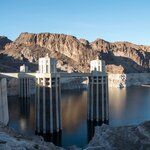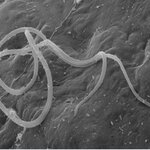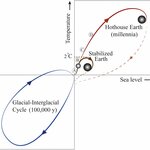
Two weeks after people were sickened by E. coli on romaine lettuce, the U.S. Centers for Disease Control told the entire country to throw theirs out, which alarmed people for little reason and cost farmers hundreds of millions of dollars. People shouldn't have been alarmed because most people would have thrown it out anyway. Up to 94 percent of people throw out lots.
And that's not as alarming as media reports are making it sound. We are constantly told to eat less "processed" food and more of the fresh kind, which aside from statistical correlation has never been shown to be valid health…







